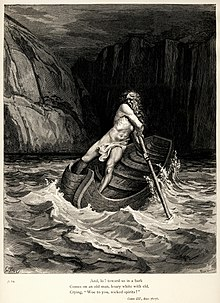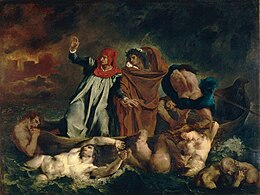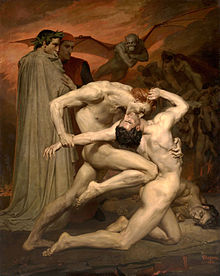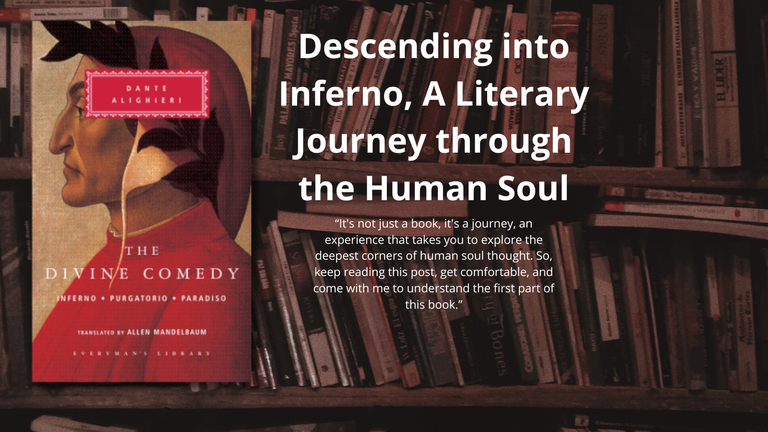
You know when you read something that really gets to you deep down in your soul? Well, that's what happened to me when I came across The Inferno of Dante, the first part of the masterpiece by Dante Alighieri, The Divine Comedy. It's not just a book, it's a journey, an experience that takes you to explore the deepest corners of human soul thought. So, keep reading this post, get comfortable, and come with me to understand the first part of this book.
The Inferno of Dante: Part I - The Divine Comedy
First, let's talk about the character portraying the author himself, Dante. This guy was a genius, you know? He created a work that transcended centuries, still echoing to this day. And the most incredible thing is that he didn't just gift us with a story, but he took us on an epic journey through this work divided into Inferno, Purgatorio, and Paradiso. A true spiritual voyage, if you allow me to describe it like that.
Ah, Dante's Inferno, where souls suffer for the consequences of their sins, is considered in the book a dark place, full of torments and sufferings, but it's also a brilliant representation of the different forms of sin and punishment to man. Dante not only shows us what happens to the sinners, but he makes us reflect on our own actions and the fate we might face. One of the most fascinating things about this first part introducing the Inferno is how Dante describes the circles of Hell, each representing a different sin and its respective punishment. From the lustful in the second circle, to the traitors in the ninth and last circle, we are confronted with the complexity of evil and the divine justice that accompanies it, it's a scary journey, but also quite descriptive and detailed through Dante's verses.
And who can forget about the characters? Ah, they're unforgettable! From Virgil, Dante's guide, we also encounter historical figures like Cleopatra and Julius Caesar, each encounter teaches us something new about human nature and the sins that accompany it. And of course, we can't forget about Dante himself, who finds himself confronted with his own weaknesses and temptations throughout the journey. But perhaps the most powerful aspect of "The Inferno" is its timeless message. Even though it was written centuries ago, it still resonates with us today. It reminds us of the importance of morality, of responsibility for our actions and the consequences that may arise from them. It's a powerful reminder that, ultimately, we are responsible for the choices we make.
So, what's the conclusion of all this? Well, "The Inferno" is more than just a classic work of literature. It's a moral lesson, a spiritual journey, and a mirror that makes us reflect on our own lives. It's a reminder that, no matter how dark the path may seem, there is always hope and redemption ahead.
Well, I'd like to break it down by chapters, just like this little review and introduction to the book, let's venture even deeper into The Divine Comedy, following the order and exploring the Purgatorio and Paradiso. I'm excited to continue this post with you guys next time and discover what more Dante has to teach us.
Book The Divine Comedy on Amazon
Digital Book The Divine Comedy on Goodreads
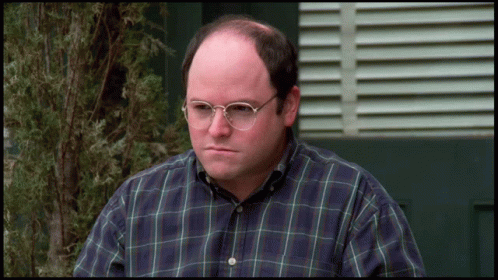
All images were taken from book information pages
